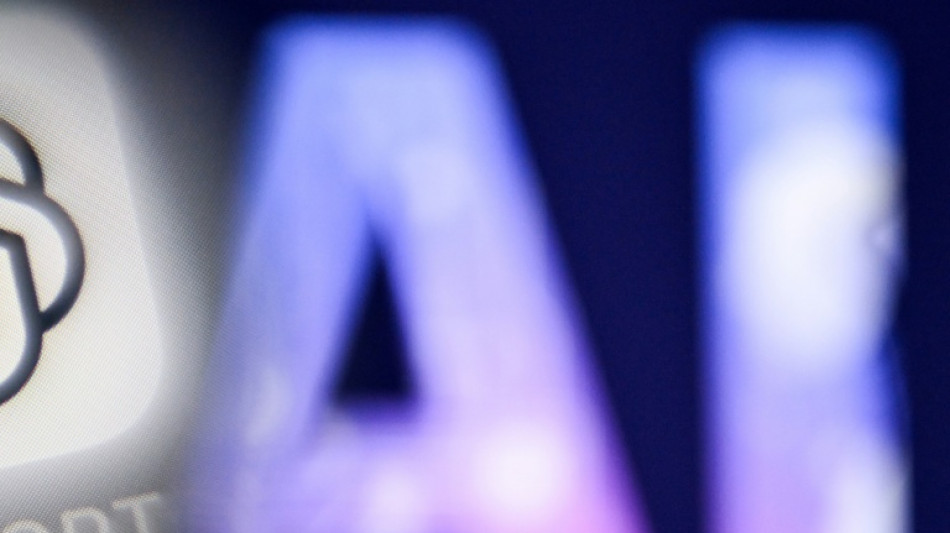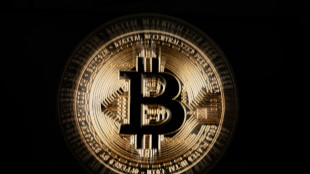

France and Europe: fertile AI training ground?
In woody surroundings south of the French capital, Paris-Saclay University's campus provides a fertile training ground for future artificial intelligence experts, whose skills are coveted at home and abroad.
But despite eye-watering salaries across the Atlantic for AI scientists and engineers, many students argue that the best place to study and work is not Silicon Valley, but Paris.
"Being European and French, we have a certain perspective on things that differs from that of Americans and Chinese, which is more based on regulation and responsibility," a master's student, Mathis Pernin, said.
"I enjoy working with this mindset," Pernin, who would like to join a sports startup after graduation, added.
Manon Arfib, a final-year AI student at the engineering school CentraleSupelec, also saw her future in France.
The 22-year-old believed it was important to "participate in AI's huge rise in France" and hopes to join the research and development centre of a major energy and ecological transition group.
Paris-Saclay, which encompasses several prestigious "grandes ecoles" and research centres, ranks second globally for mathematics, after Harvard, noted the university's AI vice president, Frederic Pascal.
"There are new job offers every week... (from) insurance companies, AI consulting firms, companies in Dubai", a 23-year-old master's graduate in mathematics, vision and learning, Eve Delegue, told AFP.
- Building AI in France -
The masters she studied has gained a reputation as the top route to a stellar career in AI.
This ascent cannot be extricated from a geopolitical context that has seen Europe battling for relevance while other major powers jostle for supremacy in many areas, notably AI.
A desire to keep talent on the continent is certainly at play, said Joelle Pineau, AI director at Cohere, a Canadian company specialising in AI for businesses.
"Many people who would have considered moving to the United States in the past now prefer to build their careers in Europe," she told AFP.
France prides itself on being the third country in the world in terms of the number of expert AI researchers it has.
Their talent stand out among the tech giants, with two French nationals holding prestigious titles in the sector: Yann LeCun is Meta's Chief AI Scientist, and Joelle Barral is Research and Engineering Senior Director at Google DeepMind.
Cohere has recently opened offices in Paris, and like the US startups Anthropic and OpenAI, it has set its sights on the French talent pool.
Pineau, former vice president of AI research at Meta, hailed the French sector's "exceptional" quality .
- Competition and demand -
But recruitment still has its challenges.
"As in any market, there is competition," according to Charles de Freminville, human resources director at Mistral AI, another startup that recently raised 1.7 billion euros ($1.9 billion). The company is actively recruiting and is hoping to double in size to around 1,200 employees.
"We receive several thousand applications per week," said de Freminville, who believes Mistral attracts interest because it is "an independent European company" that is very "focused on science".
But for smaller companies like Gojob, a temporary recruitment specialist using AI solutions with a research laboratory in Aix-en-Provence, finding top-notch engineers can still prove difficult.
"There is a clear talent shortage," said Gojob CEO Pascal Lorne. "Schools are not producing enough talent to meet the demand."
Aware of growing needs, Paris-Saclay University, which counts 1,500 graduates with a master's degree in AI each year, aims to double this number within five years.
C.Maier--MP




